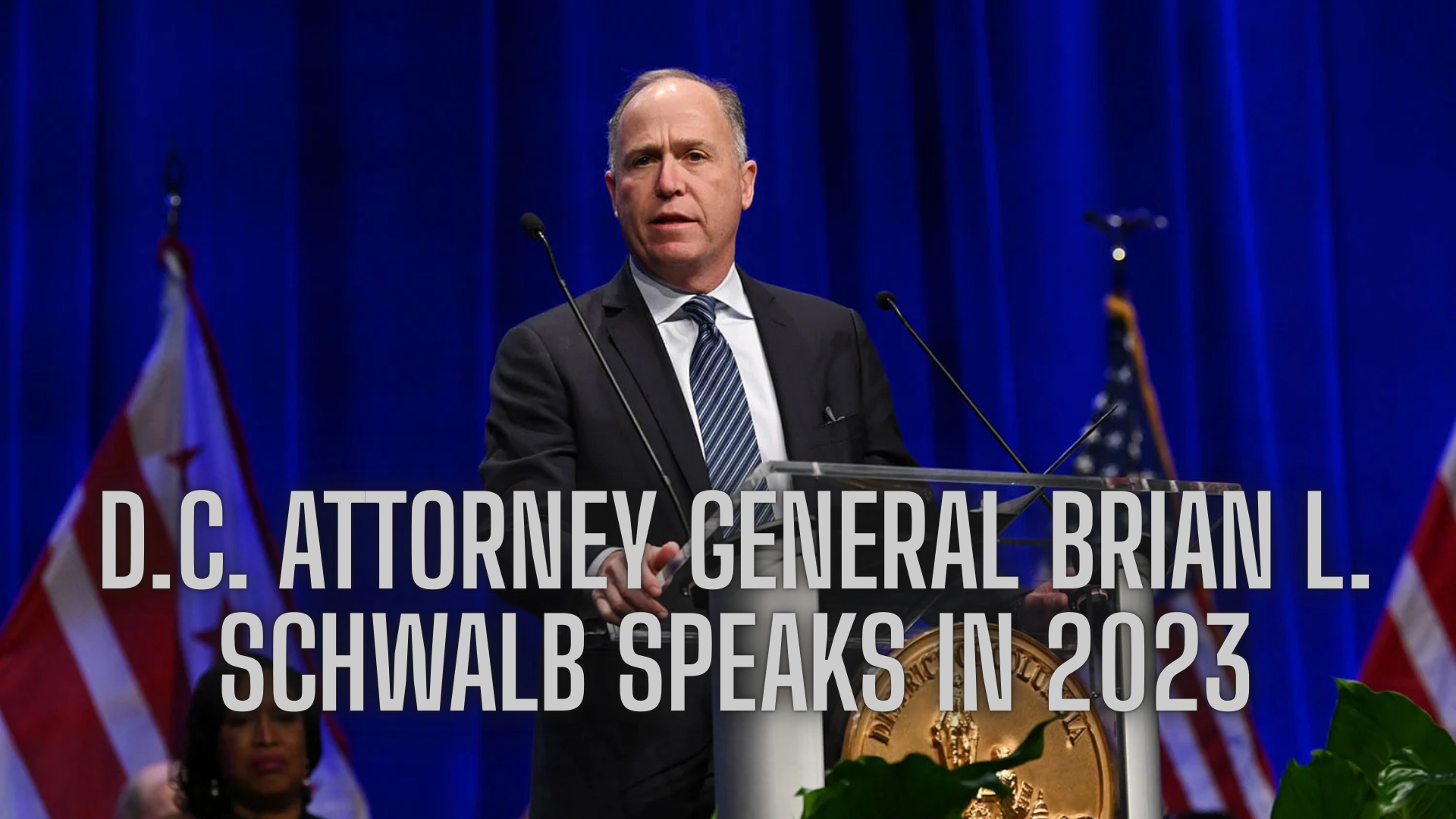From tax cuts to steep social safety net rollbacks, President Donald Trump’s sprawling “One Big Beautiful Bill Act” — passed in the Senate with Vice President JD Vance casting the tie-breaking vote — is poised to reshape daily life for millions of Americans. While the House and Senate still need to finalize a unified version before Trump’s self-imposed July 4 deadline, the broad strokes of the legislation are already clear.
Medicaid: Work Requirements, Higher Costs, and Mass Coverage Losses
Millions of Americans on Medicaid could lose coverage under the bill. Key changes include:
- Work Requirements: Able-bodied adults aged 19–64, including parents of children over 14, would have to work, volunteer, or attend school/job training for 80 hours a month.
- Frequent Eligibility Reviews: Enrollees would face more paperwork and have to prove eligibility more often.
- Increased Out-of-Pocket Costs: Certain care could now cost up to $35.
- Reduced Federal Support: States would receive less federal funding, likely prompting benefit cuts or stricter enrollment criteria.
The Congressional Budget Office (CBO) estimates nearly 12 million people could be uninsured by 2034 due to these Medicaid changes alone.
Food Stamps (SNAP): Tougher to Get, Easier to Lose
Food assistance through SNAP would also face sharp cuts:
- Expanded Work Rules: Individuals ages 55–64, parents of teens, veterans, and the homeless would now be required to work for benefits.
- State Cost Sharing: States would be forced to shoulder more of SNAP’s cost, possibly cutting eligibility or benefit levels.
- Growth Cap: Future food stamp increases would be limited.
This could not only harm recipients but also hurt small grocers in underserved communities.
Affordable Care Act: Harder to Enroll, Easier to Lose Coverage
Those purchasing insurance through the Obamacare exchanges would face:
- Stricter Verification: More red tape for proving eligibility.
- End of Automatic Reenrollment: Enrollees must manually re-enroll every year.
The CBO says millions could lose coverage under these changes.
Not on Medicaid, SNAP, or ACA? You’re Still Affected
Even those not receiving federal aid could feel ripple effects:
- Rural Hospitals at Risk: Medicaid cuts could lead to closures, staff reductions, and service cuts.
- Local Grocers Vulnerable: SNAP reductions may slash revenue for neighborhood stores.
States: Budget Crunch Incoming
With fewer federal dollars for Medicaid and SNAP, states will face difficult choices:
- Cut Public Services: States might slash infrastructure or education to make up for lost revenue.
- Tax Changes: The bill restricts state/local government ability to tax health care providers.
- Increased Costs: States would now partially fund food stamps and shoulder more administrative overhead.
Taxpayers: Cuts You Might Not Notice
The bill permanently extends the 2017 Trump tax cuts, including:
- Lower Individual Rates
- Larger Standard Deduction
- Expanded Child Tax Credit: Up to $2,200 per child.
But because these benefits have existed for years, most taxpayers may not feel any different — except perhaps slightly richer at tax time. Average households would see a $2,900 tax cut, though results vary based on income.
Seniors: A Mixed Bag
- $6,000 Boost to Standard Deduction (2025–2028) for seniors with incomes below $75,000 ($150,000 for couples).
- Medicaid Cuts Hurt the Poorest: Seniors who rely on Medicaid for Medicare premiums, dental, and long-term care may lose those benefits.
- No Social Security Tax Repeal: Trump’s campaign promise to eliminate taxes on Social Security remains unfulfilled.
Student Loans: Tougher Rules Ahead
Changes to student lending include:
- Caps on Graduate and Parent Loans
- Fewer Deferment Options
- Tighter Rules for Part-Time Students
- Reduced Forgiveness Options
These measures reverse several of the Biden-era student debt relief policies.
Private Universities: Endowment Tax Hike
Elite institutions like Harvard, Yale, and Stanford would see a major tax increase:
- Endowment Income Tax Jump: From 1.4% to as high as 8% for schools with endowments over $2 million per student.
Car Buyers: One Win, One Loss
- New Car Loans: Interest on loans for American-made vehicles could be deducted (up to $10,000).
- EV Tax Credits Axed: The $7,500 incentive for electric vehicles will end September 30, years earlier than planned.
Parents: Bigger Tax Break, But More Conditions
- Child Tax Credit Increased: Now $2,200 per child, for families earning up to $400,000.
- New Work Mandates: Parents of kids 14+ must work to keep Medicaid and SNAP benefits.
Babies: New Government “Trump Accounts”
A pilot program would give every baby born between 2025–2028:
- $1,000 Starter Fund, plus
- Optional $5,000 Annual Contributions from parents.
Withdrawals would only be allowed once the child turns 18. Originally called a “baby bonus,” the accounts are now dubbed “Trump Accounts.”
Tipped Workers & Overtime Earners: Temporary Relief
Through 2028, workers can deduct:
- Up to $25,000 in Tipped Income
- Up to $12,500 in Overtime Pay
This does not apply to those earning over $160,000.
Renewable Energy: Shortened Incentive Timeline
Tax credits for solar and wind will end in 2027, five years earlier than scheduled.
Immigrants: Fewer Benefits, Higher Fees
The bill narrows eligibility for federal aid and imposes new costs:
- No More Medicaid, SNAP, or ACA Subsidies for many non-citizens, including asylum seekers.
- Increased Application Fees: For asylum, work permits, humanitarian parole, and TPS.
The Wealthy: Big Winners Again
- Top 20% of earners get 60% of the tax benefits.
- Average Tax Cut for households earning over $217,000: $12,500.
- Lowest Earners: Get an average cut of $150.
Meanwhile, Medicaid and SNAP rollbacks would effectively reduce income for the poorest.
Unemployed Millionaires: Benefits Cut Off
The bill bans millionaires from collecting unemployment, closing a loophole that allowed thousands to claim benefits in 2021 and 2022.
Elon Musk: Loudly Opposed
The Tesla CEO slammed the bill for cutting EV credits and exploding the national debt. He called it “political suicide” for Republicans and accused them of “damaging the industries of the future.”
National Debt: Soars by $3.3 Trillion
The CBO estimates the bill will increase the deficit by $3.3 trillion over the next decade. It also raises the debt ceiling by $5 trillion.
Consequences could include:
- Higher Interest Rates
- Costlier Mortgages and Loans
- Greater National Debt Burden for Future Generations
The Border Wall: Finally Funded
Trump’s long-promised border wall is back. The bill includes:
- $46.5 Billion for construction
- $45 Billion for detention of undocumented immigrants by ICE
This mega-bill delivers massive tax cuts, dramatic changes to health and welfare programs, and a new wave of ideological and financial battles — many of which are likely to define the 2026 midterm election season and beyond.




One thought on “How Trump’s Massive Spending Bill Will Affect Your Taxes, Health Care, and Benefits”